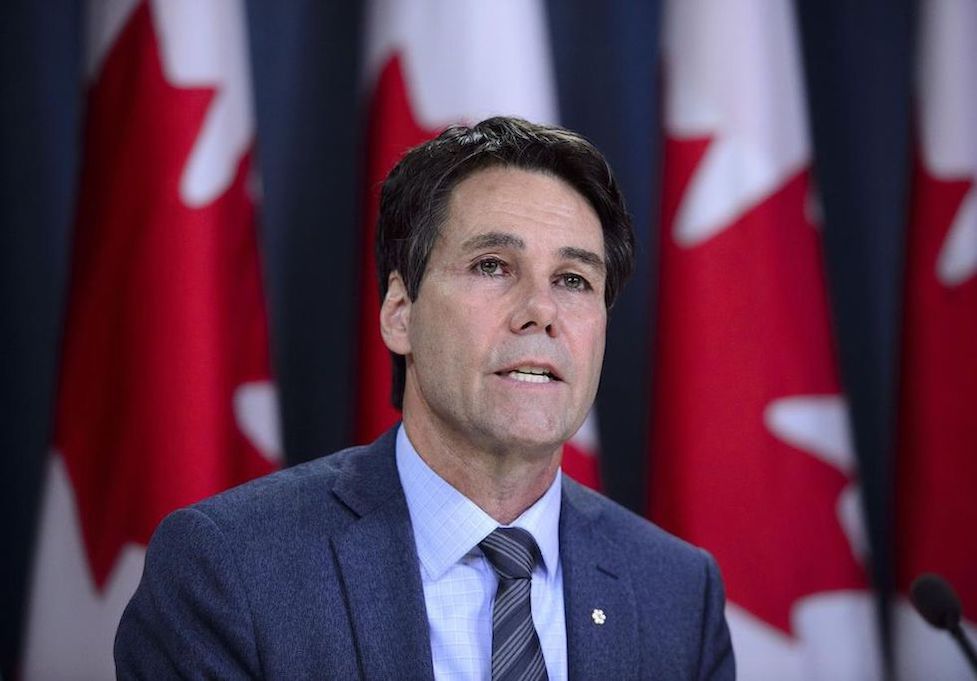I worked for Dr. Eric Hoskins while he served as Ontario’s Minister of Health and Long-Term Care. In our four years together, I learned respect for the Minister’s commitment to the principles of Canadian medicare and admiration for the bold solutions he offered to improve our health system.
These two characteristics are evident in the Final Report of the Advisory Council on the Implementation of National Pharmacare which Dr. Hoskins chaired. The five principles of the Canada Health Act which define medicare – public administration, accessibility, comprehensiveness, universality and portability – are used to anchor the report’s recommendations. The council’s advice is bold, recommending that Canadians should have universal, comprehensive pharmacare with government acting as first payor once the program is fully implemented.
These recommendations were expected from Hoskins. What may be less obvious in the report is the doctor’s understanding of how major change is accomplished in Canadian health politics. Dr. Hoskins previously worked as a federal political advisor as well as recently leading the country’s largest health ministry. In releasing the report last week, the council took steps to ensure that adoption of pharmacare will be inevitable under a future Liberal majority or minority government (with the NDP’s support for pharmacare confirming that a minority government would support implementation).
The key recommendations that ensure implementation are that the federal government must contribute to the costs of a national program and that agreement from all provinces will not be necessary to initiate the plan. Similar to the onset of medicare, staged acceptance of the plan by each province will provide the feds with a strong platform to establish pharmacare principles that must be accepted by the provinces prior to receiving federal dollars.
This divide and conquer policy worked well for Health Canada during the 2017 discussions about renewal of the federal/provincial health accord. When new federal dollars are on offer, it is difficult for cash strapped provinces to hold out on matters of principle. The strength inherent in provincial solidarity disappears rapidly when provinces start breaking ranks and signing on to federal terms and conditions to receive new federal dollars.
And how will the provinces refuse to accept new federal dollars that will help pay for the annual increase in drug costs that provinces face now and in the future?
The council was particularly astute in recommending that the federal government should support provinces in a rare disease program. How will provincial ministers avoid accepting terms that initiate federal cash flow to cover the costs of remarkably expensive drugs (up to $1 million annually) used to treat patients with rare diseases?
Some provinces will have difficulty with these federal terms. Quebec currently has pharmacare for all citizens who must purchase provincial insurance for about $1000 annually if they do not enjoy workplace drug insurance through their employer. Undoubtedly, Quebec would prefer to leave its pharmacare provisions as currently funded and use its share of federal pharmacare dollars to support general health costs. But Quebec leaders will have a difficult time explaining to voters why they should pay insurance premiums of $1000 when Canadians in provinces that have signed on to pharmacare will pay no more than $100 annually for all drug co-pays and deductibles as recommended in the council report.
Cleverness is also evident in the first steps for initiation of pharmacare. The first stages will be establishment of an essential drugs formulary to cover all Canadians, a new unified drug agency and development of the federal contribution to expensive drugs for rare diseases. These rational first steps will likely get most provinces on board one by one.
Thereafter, the thorny question of whether workplace insurance has a role to play in pharmacare will be gradually resolved as the formulary expands to include all drugs recommended by the drug agency. If the preservation of tax advantaged employee drug insurance were tackled as a first step, it might result in an irreversible barrier to adoption of pharmacare principles. Leaving the role of private insurance to future incremental expansion of pharmacare is clever.
Finally, the former minister is well aware that the politics of health transformation requires ringing rhetoric suitable for election platforms and campaigns. At the report’s public launch, Dr. Hoskins reminded us of medicare’s importance to our Canadian identity, referred to pharmacare adoption as a challenge in nation building and described the implementation as a generation building “a national project that changes Canada for the better”.
These are bold words appropriate for the council’s bold recommendations.
Image Credit: ©Sean Kilpatrick/The Canadian Press







